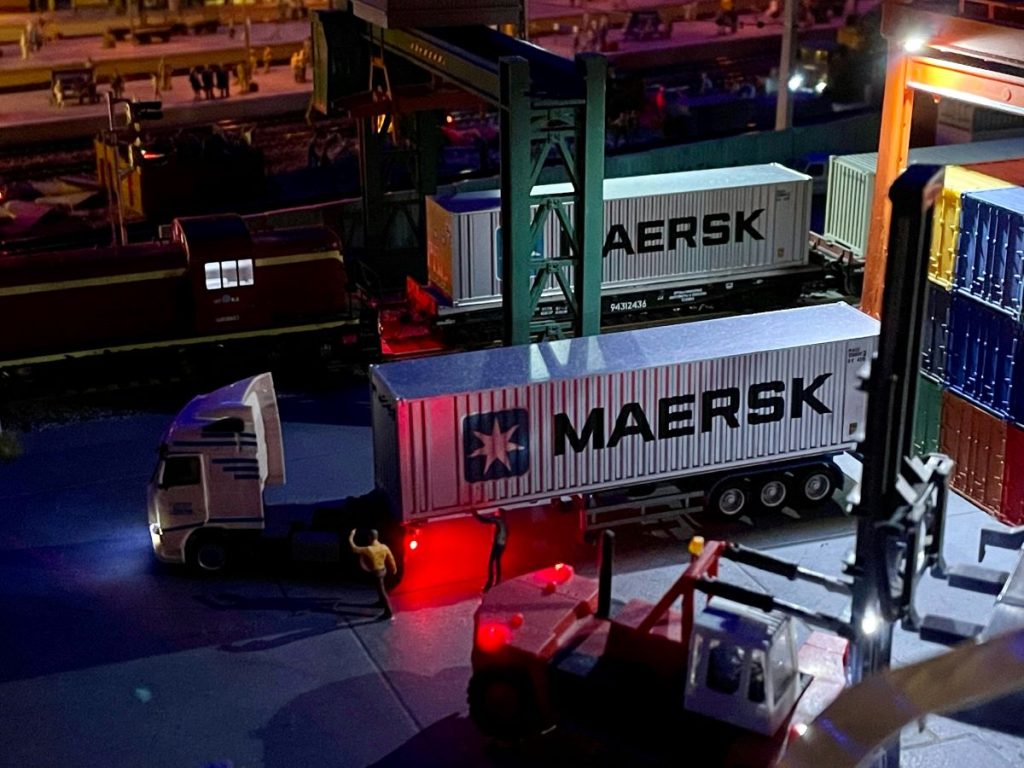Maersk Ups Profit Forecast Amid Red Sea Conflict-Driven Demand Surge
Maersk has revised its underlying earnings before interest, tax, depreciation, and amortization (EBITDA) forecast for the year to $11 billion to $11.5 billion. This is a significant increase from the previous estimate of $9 billion to $11 billion. The revised forecast, announced on October 21, surpasses the average analyst expectation of $10.1 billion.
Impact of Red Sea Conflict
The ongoing conflict in the Red Sea has had a more substantial impact on global supply lines than initially anticipated, prompting Maersk to raise its 2024 profit forecast multiple times since May. The conflict has necessitated a rerouting of container vessels to sail south of Africa, effectively absorbing some of the container industry’s overcapacity and subsequently driving up container rates.
Future Plans Amid Unstable Conditions
Earlier in October, Maersk announced plans to initiate a vessel-sharing partnership with Hapag-Lloyd AG in 2025, with routes south of Africa. This indicates an expectation that the Red Sea region will remain volatile well into the next year.
Expectations for Global Container Demand Growth
On October 21, Maersk also projected a 6% growth in global container demand for the year, an increase from the previously estimated range of 4%-6%. This announcement saw Maersk’s ADRs rise by up to 7%.
Expansion into Land-Based Transport
Despite controlling about one-sixth of the world’s container trade, Maersk has been seeking to expand into land-based transport and freight-forwarding businesses, where profit margins have historically been higher. However, the company recently withdrew a bid for Deutsche Bahn AG’s logistics unit DB Schenker, which was subsequently acquired by Danish peer DSV A/S for €14.3 billion ($15.5 billion).
Third-Quarter Results
In the third quarter, Maersk reported revenue of $15.8 billion, underlying Ebitda of $4.8 billion, and underlying Ebit of $3.3 billion. The company is set to publish its full interim results on October 31.
Maersk’s revision of its profit forecast comes as a response to the heightened demand and freight rates caused by supply chain disruptions due to Red Sea attacks. Despite the challenges posed by the conflict, Maersk’s strategic adjustments and forecasts indicate a proactive approach towards navigating the volatile conditions in the shipping industry.







